Issue 74 : 7 February 2021
Talofa Lava, Kia Orana, Malo E Leilei, Tena Koutou, Hello ...
... and welcome to the latest issue of “For The Love Of The Game”, the official e-zine of the New Zealand Amateur Sport Association Inc. We hope you enjoy reading the articles below.
If you have any feedback on this issue, ideas for future articles, or would like to contact the Editor, please click here. And, you are invited to forward the e-zine to others you know, who may be interested in reading it. An archive of earlier editions of the e-zine can be found here. For those who follow Twitter, you can also follow the Association, @AmateurSportNZ.
If you are interested in applying for membership of the Association, please click here.
Australian States Embrace Voucher System To Boost Sport Participation ...
Whether it’s “Active-Kids” (in NSW and ACT), “Fair-Play” (in QLD), “Sport Voucher” (in the NT), “KidSport” (in WA), “Get Active Kids Voucher” (in VIC), “Sports Vouchers” (in SA) or “Ticket To Play” (in TAS), Australia has embraced the concept of enabling families to choose sports they wish their children to participate in, with State Government support. With annual grants per child ranging from A$100 to A$200, the goal is to encourage children to enrol in organised club community sport across Australia.

By way of example, since 2011 almost 215,000 vouchers equating to $31 million has gone directly to sport clubs throughout Western Australia. Minister for Sport and Recreation in WA, Mick Murray observes, “sport plays such a vital role in helping kids and families to connect with community and should be part of every child's life regardless of their circumstances, ability or where they come from.”
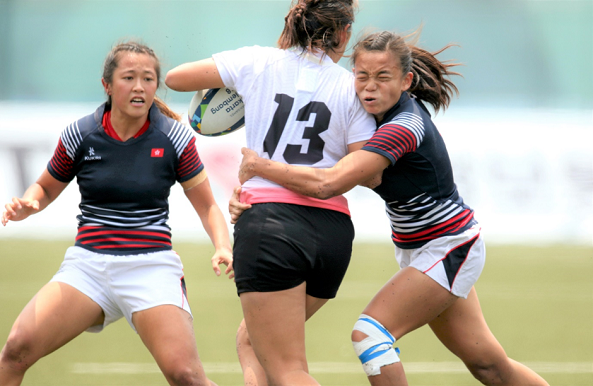
($81 million will provide access for Kiwi kids to access sport in their communities)
This Association encourages our Government and Sport New Zealand to empower Kiwi families with a similar system to alleviate the obstacles created by poverty and inequality in New Zealand society and also benefit local sport clubs with a much needed source of funding. $81 million (one-third of the Government’s "Sport Recovery Package") could provide all Kiwi children aged 5 to 17 years of age with access to community-based sport, if a voucher scheme (as successfully implemented across Australia) was adopted in New Zealand. Children are the future of community sport, with families best positioned to determine how they choose to participate.
Do You Have A “Harmonious” Or “Obsessive” Passion For Sport? ...
Research undertaken by the ELTE Eötvös Loránd University in Hungary has reported that the connection between “obsessive passion” (i.e. where a sport activity overpowers the person) and “exercise addiction”, is twice as high in individual sports than in team sports. The study also provided evidence for higher “harmonious passion” (i.e. where a person chooses to engage of his/her own free will or volition) in team sports compared to individual sports.
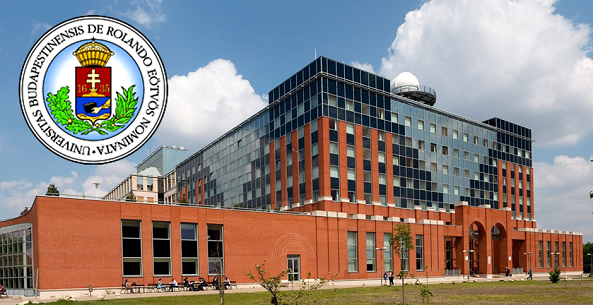
(The ELTE Eötvös Loránd University in Budapest, Hungary)
Taken together, these findings project a healthier profile in team sports compared to individual sports. As readers will be aware, team sports typically are organised through a “club structure” which provides the necessary resources and governance for the delivery of a positive experience for all participants. The study gives further weight to this Association's call for more resources to be made available to sport clubs from their governing bodies and from government to help build stronger communities. You can read more here.
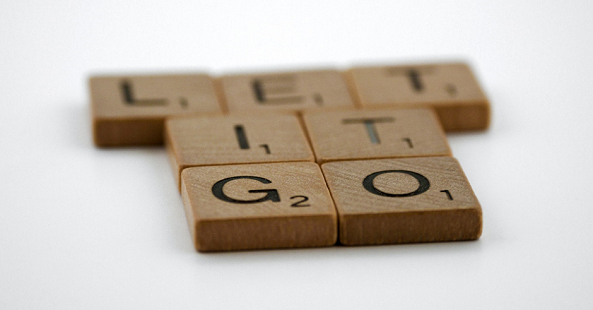
(Team sports have a healthier profile than individual sports according to new research)
48 Sport Clubs Dissolved By Registrar In February ...
Nearly a third of all incorporated societies dissolved by the Registrar of Incorporated Societies this month were sport clubs. A total of 48 clubs were dissolved over the holiday period, with Rugby Union the sporting code most affected. Dissolutions are only made when the Registrar is satisfied that a sport club is "no longer carrying on [its] operations".
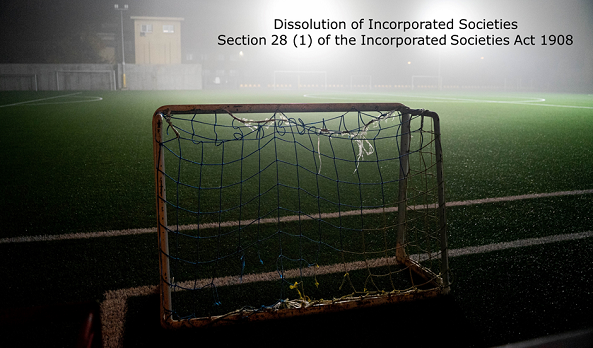
(Dissolution is based on a declaration that a club is "no longer operating")
Among those dissolved were the Bluff Rugby Football Club (formed in 1889), the Dunsandel Irwell Rugby Football Club (two merged clubs initially founded in the 1880’s), Kaponga Rugby Football Club (formed in 1907) and the Renwick Rugby Club (formed in 1915). Based on publicly available information, it appears that all four rugby clubs are still operating, but now without the legal protection of incorporated status.

(Rugby Union was the most affected sporting code in February's sport club dissolutions)
Other amateur sporting codes prominently featuring in the list of dissolutions were golf and tennis, with the Manawatu Cricket Association, Otago University Hockey Club and the Ranui-Swanson Association Football Club also noteworthy dissolutions. Five previously dissolved sports clubs had their dissolutions revoked in February.
Porirua Hosts National Amateur Boxing Championships ...
The 2020 Boxing New Zealand National Championships (for amateur boxers) were staged at the Te Rauparaha Arena in Porirua las month. The out-of-season National Championships (arising from the cancellation of the event in 2019 due to COVID restrictions) drew strong support, with close to 120 entries ranging to from age 13 upwards and representing both male and female competitons, spread through the Cadets, Junior, Youth and Elite divisions. Following the championships, nine boxers have been selected to represent New Zealand in the Asia-Oceania Olympic Boxing qualifying tournament in Amman, Jordan, in March.
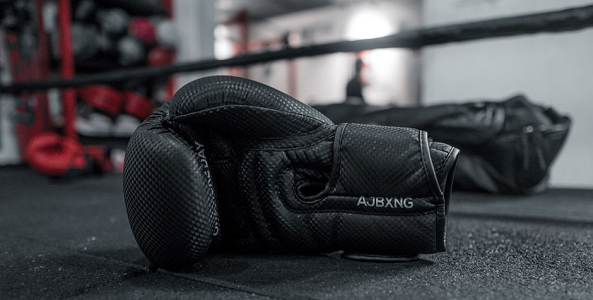
(There are now more registered boxers than at any other time in the past decade)
A recently completed tally of the 2020 Boxing New Zealand's boxer registrations, showed that 672 boxers completed the registration process during the year. This is a new decade-record, with close to 20 per cent of the registered boxers taking part in the National Championships.
Viewpoint (1) : More “Umpires” Needed For The Survival Of Amateur Sport ...
The adjudication of sporting contests has its roots firmly in the English legal system, where competitors (or competing teams) each appointed an “umpire” (or advocate), with both umpires then agreeing on a referee (or judge), in the event of dispute between them. In this respect, the adjudicating panel for a sporting event resembled that of the courtroom. The model was particularly important in the early days of New Zealand where many sports (such as rowing, boxing, foot races and horse-racing) offered cash prizes to participants, often funded from spectator subscriptions.
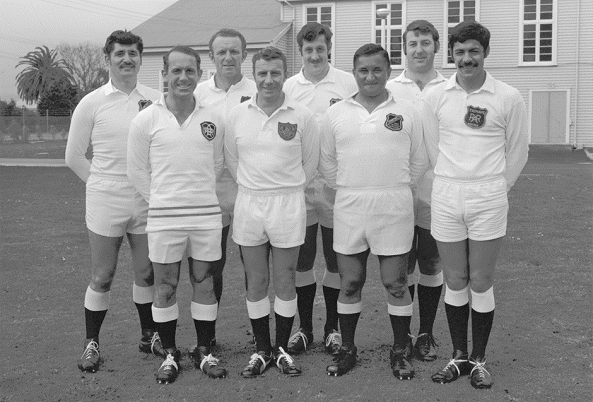
Over subsequent decades, some sports have abandoned the referee in favour of umpires solely at the amateur level (for example, cricket and field hockey), while others have transferred the former power of umpires solely to the referee (for example, football and rugby union). In this regard, the terms “umpire” and “referee” have become somewhat interchangeable for those volunteering for the role of “match official”. Today, they are largely independent of the clubs they officiate, with some (with the prompting of some codes) fostering goals of becoming elite officials on the professional sporting circuit. On reflection, the loss of the direct connection between “club” and “match official” perhaps creates a tangible risk for the survival all sporting codes at the community level.
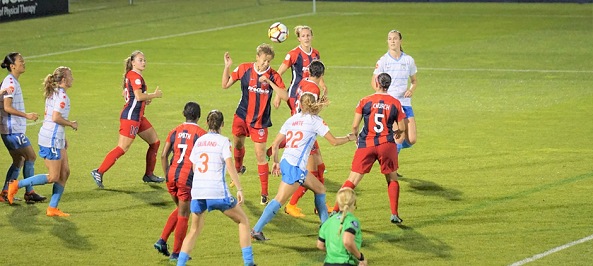
If all sport clubs were obliged by their respective governing bodies to supply an appropriately qualified match official (umpire or referee) as a member of each team entered into a community competition (in the same way that teams in many sports are required to have accredited coaches), sporting codes may become better incentivised to promote and train volunteers through their network of community clubs. In turn, clubs and their members may then develop enhanced respect for match officials, based on their direct involvement in their development and support. A further benefit would be an increase in membership of aligned match official organisations. Some sporting codes in this country have already adopted a version of this approach, at certain levels of the game.
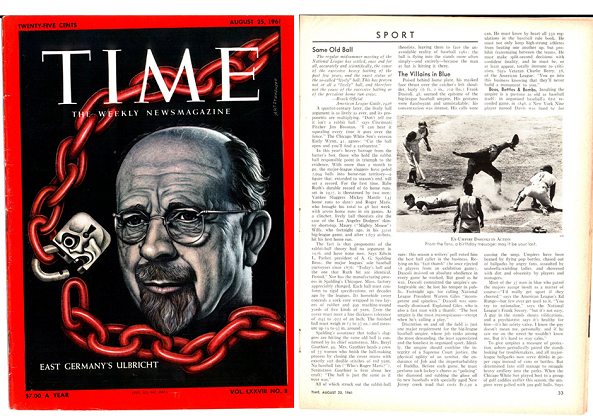
In 1961, TIME magazine wrote “ideally, [an] umpire should combine the integrity of a Supreme Court judge, the physical agility of an acrobat, the endurance of Job and the imperturbability of Buddha.” While all of these idiomatic expressions will not necessarily be seen on a community sport arena, there is no doubt that the underlying qualities of integrity, composure, endurance and fitness are desirable hallmarks of all volunteer Match Officials, without whom amateur sport cannot survive.
How To Make Your Club More Environmentally Friendly ...
With our national focus firmly on creating an environmentally sustainable future, there are a number of simple changes that can help make sport clubs more environmentally friendly and teach athletes about sustainability, even at the grassroots level.
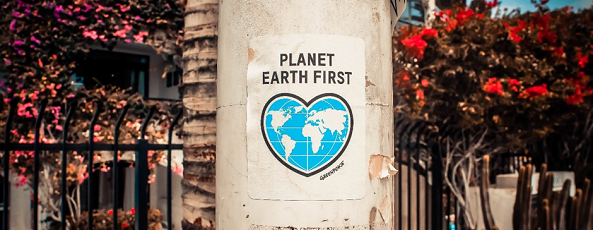
While local community teams typically don’t have a big carbon footprint, there are a number of small and easy actions which can help make a difference. The International Platform on Sport and Development offers the following ideas.

Firstly, clubs can suggest “active transport” as the main way of getting to practices or fixtures, (where possible). Coaches can frame this in a way that biking, running, walking, roller-blading, or skating will contribute to each athlete’s personal development. Encouraging athletes to be more active in getting to practices can also boost their training. When athletes cannot walk or bike, public transport (or carpools for kids who live in the same neighbourhoods or go to the same schools), is also a good option.
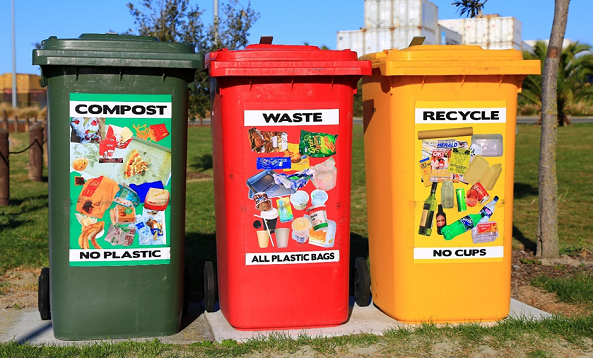
Another way that clubs can make a difference is by introducing buy-and-sell programmes for used equipment. All children grow, which means they will out-grow equipment. The new "Community Sports Banks" in Wellington are another way for old equipment to get a new lease of life. You can read more here.
Viewpoint (2) : “Purpose” Before “Profit” ...
Recent media speculation as to the likelihood of New Zealand Rugby Union Incorporated (NZRU) accepting private-equity-investment, is of great interest to all supporters of sport in New Zealand. Much of the speculation is based on whether or not such an action would be to the benefit of the grassroots of the sport, or simply repair the gaping hole in the balance sheet supporting those participating in the professional arm of the game.

At the heart of this speculation lies two existential questions, (which are equally valid for any and all sports). What is the purpose of the game? And. For whose benefit is it played? Ambiguity or prevarication in answering these questions is a palpable sign of a sporting code which has lost its sense of purpose and direction. Most sporting codes codify their answers to these questions in their governing documents to avoid this very issue.
Let’s take the example of Rugby Union in New Zealand. Clause 2.4 of the NZRU Constitution states that “the NZRU is incorporated for the purpose of promoting amateur rugby for the recreation or entertainment of the general public.” This is clear and unambiguous. Clause 2.4 goes on to note that “the capacity of the NZRU to carry on any business or activity, do any act, or enter into any transaction, is restricted to any business, activity, act or transaction carried on, undertaken, done or entered into in accordance with, or in seeking to achieve, this purpose, or which is conducive or incidental to this purpose.”

So, that all seems pretty straightforward. NZRU’s Board (and the Provincial Unions that it represents) presumably are viewing (and are able to rationalise) the current private-equity-investment opportunity through this clear lens, (as is also presumably their proposed private-equity-investment partner). Clarity of vision should therefore make for an easy decision, assuming the benefits private-equity-investment for the amateur game can be clearly identified and articulated. In an existential sense then, the "purpose" of Rugby Union will necessarily come before any "profit" it may pursue or earn.
From The Archives ...
GISBORNE HERALD, VOLUME LXXVII, ISSUE 23353, 8 SEPTEMBER 1950, PAGE 8
LOSS OF GISBORNE REFEREE IS GAIN FOR CANTERBURY
“By the transfer on promotion of Mr Peter Habib from the Gisborne branch of the Rehabilitation Department to the Christchurch office, the Poverty Bay Rugby Referees Association has lost one of its most popular and respected whistlers. Since taking up refereeing after his arrival at Gisborne four years ago, Mr. Habib has given excellent service to the sport. He has held a senior ticket for the past two years and this month received word that he was one of the three Gisborne candidates who passed the theory examination of the New Zealand Referees Association with distinction.
He has also given long service as a member of volunteer fire brigades in Wairarapa, Wairoa and Gisborne. Mr. Habib is a former Wairarapa and Wairoa Rugby representative, playing several games for the former unions teams. He is also an ex-Wairarapa hockey representative, and while a member of the Kahutia Bowling Club in Gisborne last year was a member of the rink which took the club's intermediate title.”
Peter (“Pete”) Habib was born in 1909, the eldest son of Anthony and Catherine (Mary, Asma) Habib. Maronite Catholics, Anthony’s parents appear to have left Syria following the sectarian violence of the mid to late nineteenth century, settling in Wairoa in the early 1900’s, (following their arrival in New Zealand aboard the “Maori” via Hobart in 1899).
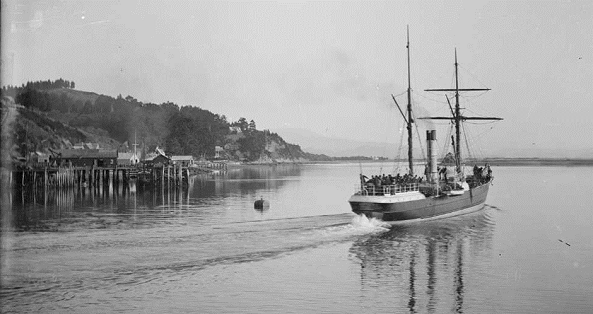
(The Habib family arrived in New Zealand from Hobart aboard the ss Maori, above)
Peter’s father and mother moved to Masterton in the Wairarapa. Anthony Habib died from illness when Peter was four years old while his mother was pregnant with her second son, Anthony. She remarried, to Joseph Saba a Featherston draper. Peter established a trade in Featherston working as carpenter. A member of the United and Dalefield Rugby Football Clubs in Featherston, he joined the Featherston Volunteer Fire Brigade in 1930. The following year, he returned to the home of his grandfather Joseph in Wairoa, where joined the Wairoa Fire Brigade and also represented Wairoa in rugby, from the Pirates RFC.
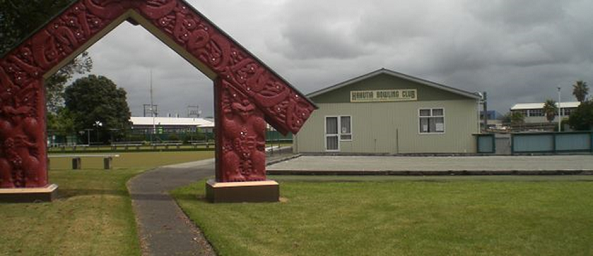
(The Kahutia Bowling Club was formed in 1905 in Gisborne and is still operating today)
Returning to the Wairarapa in the mid-1930’s he married Florence Jean Cross from Tarakohe, Takaka in 1938 with their only child (a son, Kelvin) sadly dying at the age of 14 months in 1940. Peter separated from his wife in 1944, before serving as a Private in the Infantry Brigade for the Second New Zealand Expeditionary Force. Following the end of the War, he returned to Gisborne joining the Poverty Bay Rugby Referees Association and Kahutia Bowling Club in 1947. In 1971, he was awarded the QFSM (Queen Fire Services Medal) for Distinguished Service, while living at Haumoana. Habib never remarried and he died in Levin, in 1972 and is buried in Featherston Cemetery.

(The Wairoa Volunteer Fire Brigade, in the 1930's)
The Final Word ...
"Don't ever question the value of volunteers: Noah's Ark was built by volunteers; the Titanic was built by professionals".
(Anonymous)